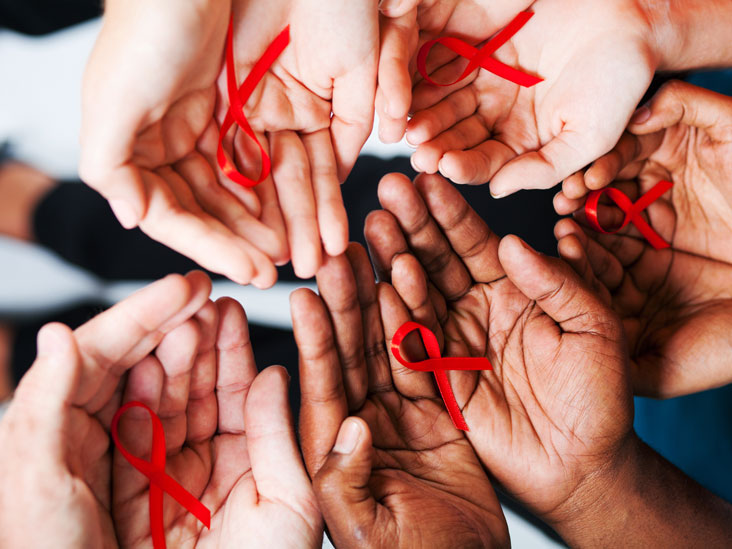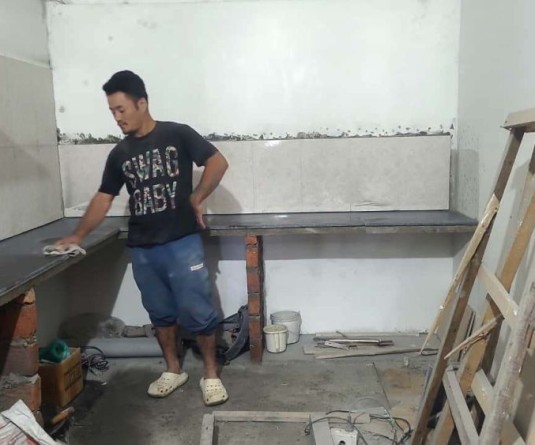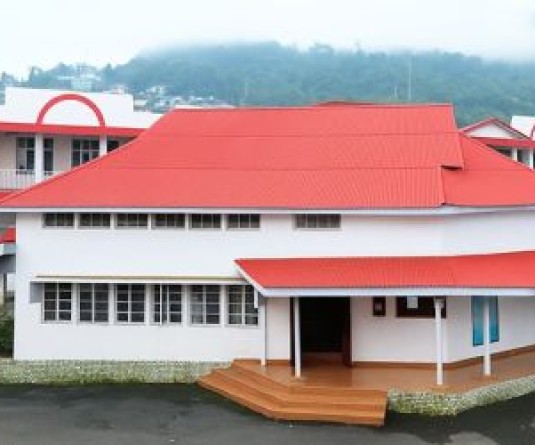In addressing HIV, Nagaland must accelerate strategies to protect rights to health

Our Correspondent
Kohima | November 30
In Nagaland, key populations and NGOs have played a major role as a unique force behind in bringing down HIV infection, said Abou Mere, director Kripa Foundation Nagaland.
“Their involvement makes a significant difference to many people’s lives, especially amongst injecting drug users. However, HIV still continues to spread through sexual routes, and frequent stock-out of critical lifesaving ART medication in Nagaland has become a major public health problem with serious implications of drug resistance.
PLHIV depending on NACO/NSACS ART drugs are made to undergo tremendous pressure and anxiety,” Mere said.
Mere said that Nagaland state still do not have viral load testing machine for monitoring viral load and quality management system (QMS) to determine treatment regimen. “Therefore, we cannot afford to be complacent, we need to continue with our hard work to address these concerns,” he said.
He stressed on the need to continue with advocacy efforts and encourage Nagaland State AIDS Control Society (NSACS) and “our state government to be more ambitious in investing in evidence-based interventions that can accelerate strategies to promote and protect the rights to health and improve quality of life across the state.”
Nagaland has the third highest adult HIV prevalence in the country at 0.76 %; and 91% of the cases in Nagaland are reportedly transmitted through the sexual route as per official estimates released by NACO and NSACS.
“Though the data suggests that sexual route accounts for the main route of transmission, there has been no scientific evidence-based study conducted to determine as to which groups of the population are driving the epidemic. It is therefore imperative to initiate a comprehensive review and in-depth study to understand the main drivers of the epidemic and develop our own state-specific innovative interventions with sustainable policies and resources from the state government,” he said.
Mere thanked the contributions of all the elected MLAs across party lines, who provided Rs. 1 lakh each every year and demonstrated political leadership in response to HIV and AIDS.
“With their help and support, substantial progress has been made and much has been accomplished, especially in reducing sigma faced by PLHIV and key populations,” he said.
He said that the existing funds for HIV prevention and treatment through NACO, Government of India are insufficient to sustain these critical life-saving programmes, “but unfortunately the Peoples’ Democratic Alliance (PDA) government has decided to discontinue the Nagaland Legislators’ Forum on AIDS (NLFA). Thus, the only source of state government funding and opportunity for political action with regard to the HIV program is no more. This may directly hamper our state’s ability to control the increasing new HIV cases among the general population.”
He said cutting funds and reduction of political will and action will cause serious setbacks to the HIV program, posing a threat to public health response that has the potential to undermine the hard won gains that Nagaland has achieved.
Mere made a fervent to Chief Minister Neiphiu Rio and all elected MLAs to reconsider their decision and continue support to the HIV/AIDS program with a new strategic plan and an implementable action model for Nagaland involving the key population communities.
“This would translate into effective action to address the multiple dimensions of the epidemic and ensure the highest attainable levels of public health for all,” he said.
Maintaining that “Communities make the difference,” Mere said “we need to continue our advocacy efforts collectively for more meaningful involvement and engagement of communities in policy and program development to ensure quality programs and services with easy access to health care services for all.”
Gwahinlo Seb, PO, NETSU, NACO highlighted the significance of the day. Vikholie Yiese chaired the function while Jacob Colney proposed vote of thanks.






